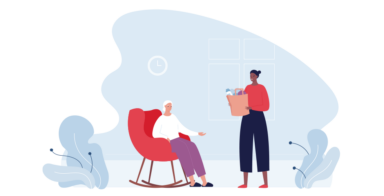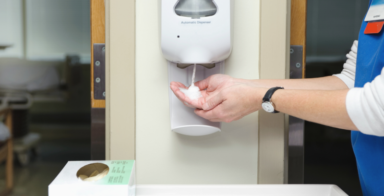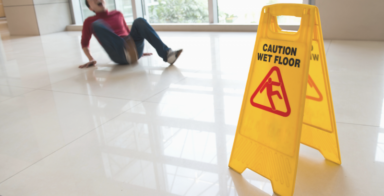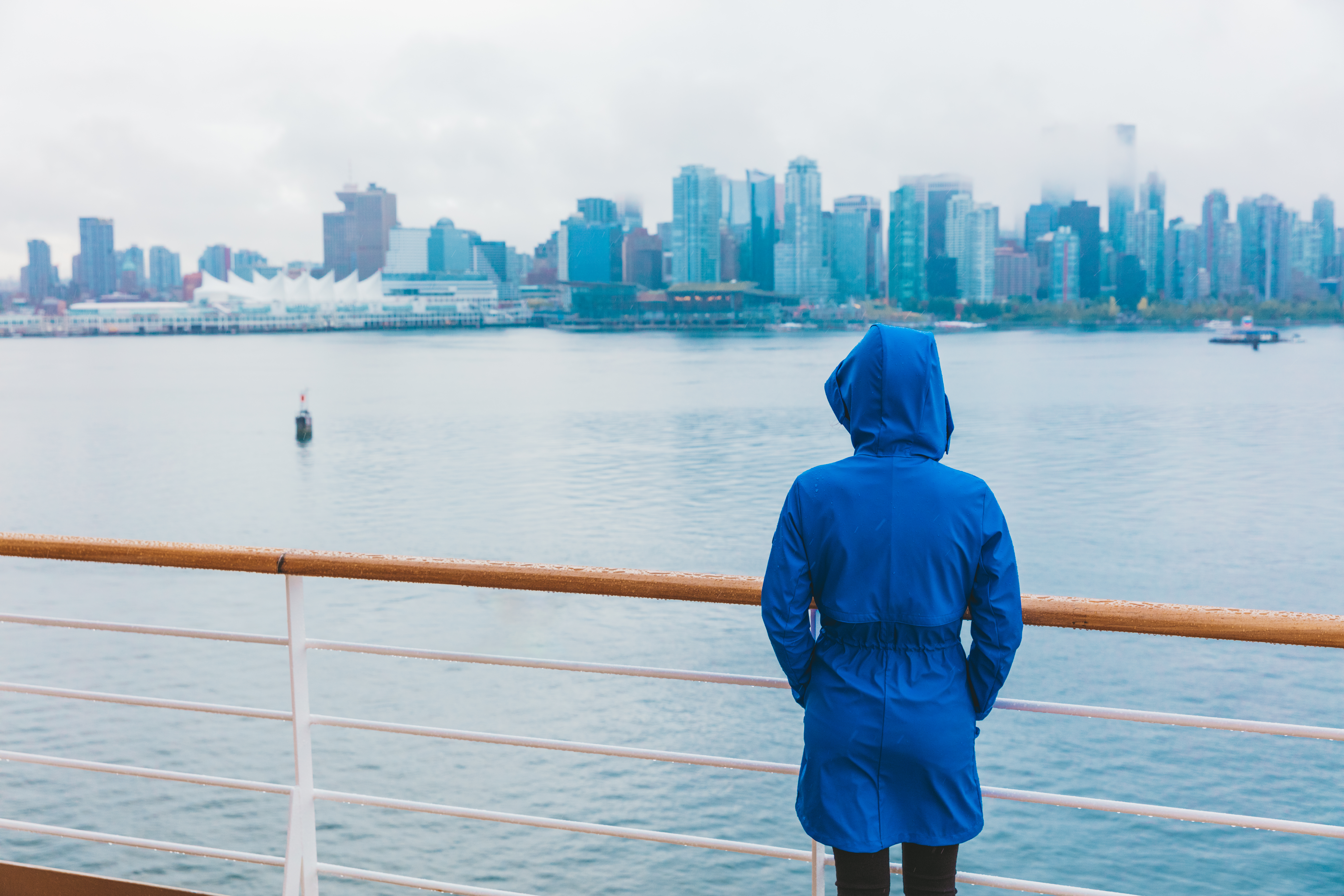Resources & Tools
Resources and Tools
View All
The Home Care and Community Health Support Pocketbook was created to bring awareness to several health and safety issues faced in home and community care.
Files Attached
In long-term care it is increasingly apparent that who is on shift is just as important as how many staff are on shift. Quality care is difficult to achieve when we do not routinely engage with one another in a positive, or civil, manner.
View ToolkitTraining & Education
Training and Education
View All
Starting at $20
This course provides the knowledge and skills to create a comfortable, safe, and effective computer workspace.
View E-LearningPrograms & Services
Programs and Services
View All
Register
Leading from the Inside Out
Service
Leading from the Inside Out
Leading from the Inside Out provides a safe space for leaders in continuing care to share their challenges and learn self-care practices.
View ServiceThe Provincial Violence Prevention Curriculum is recognized as best-practice in violence prevention training for health care workers.
View ServiceGuidelines & Regulations
Guidelines and Regulations
View All
WorkSafeBC has acknowledged an error in calculating the 2025 SafeCare BC levy, which is included in the premiums paid by our two member employer groups–those providing community health support services (classification unit 766006) and those in long-term care (classification unit 766011).
View News StoryThe Province has introduced a new masking policy for all healthcare workers who provide direct care effective immediately. Staff Requirements Visitor Guidance With an increase in viral respiratory illnesses (VRI) across the province, the Ministry of Health has introduced new masking measures to help control the spread of these illnesses. It's important to remember that […]
View News StoryGuidelines and Regulations
Regulatory News









